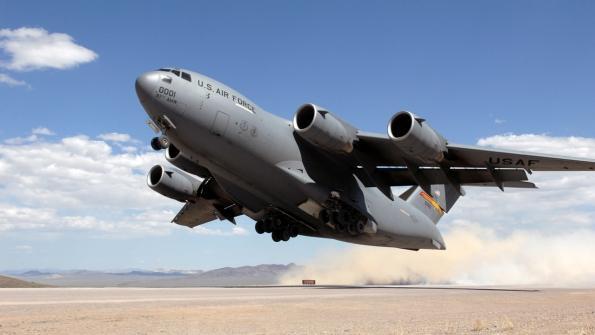
C-17
Credit: Boeing
RAF FAIRFORD, England—A series of long-term sustainment contracts for military aircraft that guarantee rates of availability may need to be changed as defense leaders prepare for a new era of contested logistic systems in future conflicts, a top Boeing official said on July 14. Boeing has started a...
Subscription Required
Boeing Starts Adapting PBL Deals For Contested Logistics Era is published in Aerospace Daily & Defense Report, an Aviation Week Intelligence Network (AWIN) Market Briefing and is included with your AWIN membership.
Already a member of AWIN or subscribe to Aerospace Daily & Defense Report through your company? Login with your existing email and password.
Not a member? Learn how you can access the market intelligence and data you need to stay abreast of what's happening in the aerospace and defense community.





